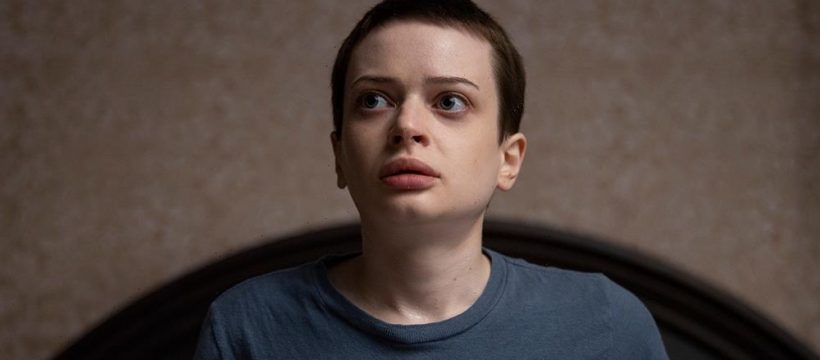Mike Flanagan has, of late, distinguished himself as one of Netflix’s signature creators and as a generational figure in the horror genre; though his past series for the streamer, including “Midnight Mass” and “The Haunting of Hill House,” have been of various quality overall and from episode to episode, they’re consistently interesting. His willingness to engage ideas with his scares sets him apart, perhaps more than it should.
So it is with “The Midnight Club,” which Flanagan and Leah Fong co-created based on the work of YA novelist Christopher Pike. Here, Iman Benson plays Ilonka, a college-bound high school salutatorian who receives a diagnosis of terminal cancer. Ilonka is both a star student and an idealist; she researches Brightcliffe, a facility to which her foster father can take her to be placed into hospice, and holds in reserve a secret hope that there will, there, be a miracle cure for her. What she finds, first, is a circle of ill teens who gather when the clock strikes twelve to share scary stories; it’s a mordant nihilism they share, and a sense of indulgent pleasure in the knowledge that things could be worse: They could be fighting against cosmic forces of evil.
That lines begin to blur, with jump-scares making the hospice seem like a portal to more than just teen imagination, should come as no surprise. But say this much: The stories are well-told, conjuring a real sense of dread that both exists external to these young people’s plights and, inevitably, nestled up alongside them. Ilonka’s mixture of willfully blind hope and genuine fear is a tough thing to capture, but Benson excels; other standouts in the cast include Ruth Codd as an Irish immigrant with a prickly exterior covering over vulnerabilities and Chris Sumpter as an HIV-positive teen forced to confront his parents.
The mix of personal stories among the teens has the power to resonate with anyone, but one suspects this show will find its most attentive audience among high-schoolers with stiff constitutions and strong nerves. Even more than “Stranger Things,” it operates with a sort of teenage emotional logic, with characters and the show itself thrumming with the passion to speak out and be understood on their own terms. (And, more so than on “Stranger Things,” adults are a glancing and occasional presence, with Heather Langenkamp and Zach Gilford playing, respectively, the founding doctor and the nurse practitioner of the hospice.)
But even this adult admired “The Midnight Club” as a relatively complete example of the best of Flanagan’s approach throughout his Netflix work — using horror as a way to probe the worst things that might happen to somebody, arriving at a place of curiosity and compassion about grief and loss. That, here, the grief and loss is for the characters’ own futures demands a delicacy that Flanagan and Fong possess; it also demands to be matched by a horror appropriately outsized and scary, and they deliver that, too.
“The Midnight Club” premieres on Netflix on Friday, October 7.
Read More About:
Source: Read Full Article
